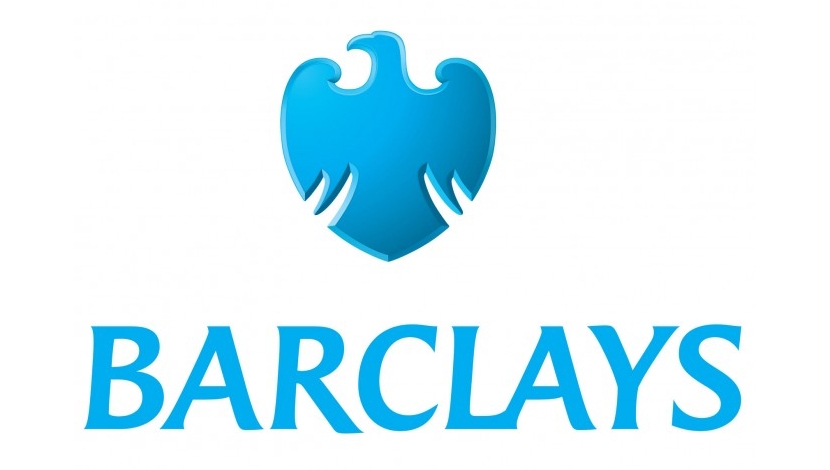
Last Wednesday, LafargeHolcim officially launched its merger and announced key elements of its future ambitions.
The merger places the group as world leader in the building materials industry, with a market worth of $40 billion and plan to deliver annual savings of €1.4 billion ($1.54 billion) within the next three years.The merged companies have a combined global capacity of 386 million tonnes per annum.
Eric Olsen, CEO of the merged firms, said LafargeHolcim would concentrate on integrating the two companies, reducing capital spending and creating new solutions.
But how will this merger impact on LafargeHolcim operations in Nigeria? Last Thursday, Guillaume Roux, outgoing country CEO for Nigeria, said the merger would have a positive impact on the on-going consolidation of the Nigerian operations under Lafarge Africa plc.
Roux said UniCem, a JV between Lafarge and Holcim in Cross River State, would now join the other operations, which include Ashaka Cement in Gombe, Atlas terminal in Rivers, WAPCO Operations in Ogun, as well as its aggregates and ready mix sites across the country as a member of LafargeHolcim in Nigeria.
Peter Hoddinott, area manager, Nigeria and West Africa, who takes over leadership of Lafarge Africa plc, said the company, still known in Nigeria as Lafarge Africa plc, would continue to play a key role in the economic development of the country through the group’s technical excellence and years of operation.
“We will create a stronger company able to make more solid investment in Nigeria and deliver more affordable housing as well as supporting socio-economic progress through corporate social responsibility (CSR) activities,” he said.
Expected sales from Nigeria in the LafargeHolcim Group Africa and the Middle East represent about 18% of the total group; Nigeria about one-sixth of that.
Hoddinott said the company would now pay closer attention to cost cuts and the merger with Unicem would contribute to this.
He said Nigeria had “a huge amount of biomass, useful waste, and opportunities to convert what is currently not used by the economy into useful energy.”
“I like to count my challenges on the fingers of one hand, but in Nigeria I may need to use both hands and both feet as well. There are rather a lot of challenges,” he said.





